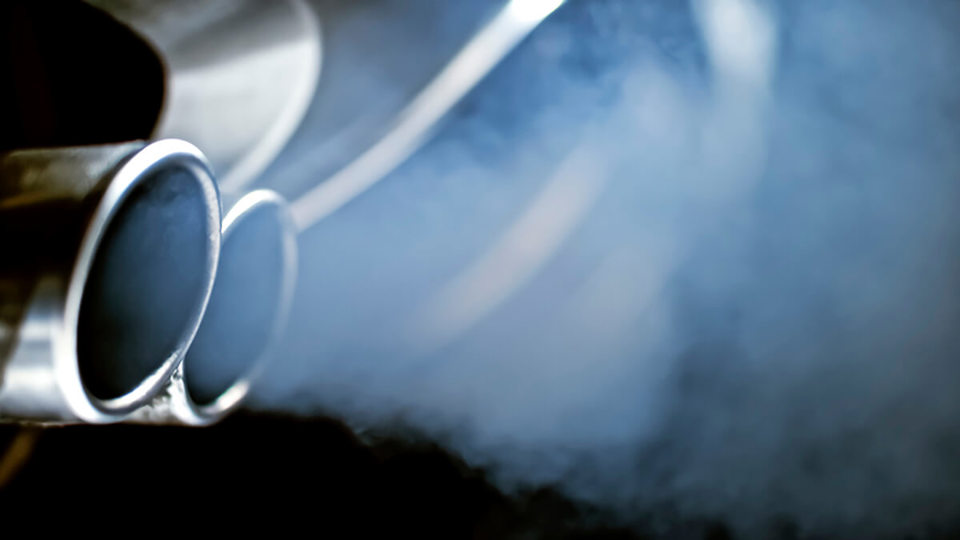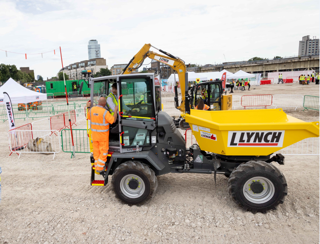Islington Council is cracking down on idling vehicles that churn out unnecessary pollution, in what is thought to be the first campaign of its type in the UK.
Enforcement officers are tackling hotspots in the borough, informing and educating drivers about the advantages of turning off their engine.
An idling engine can release as much pollution into the air as a moving vehicle. Turning off the engine when stationary reduces the amount of harmful pollutants being released and saves on fuel, says the council.
Council officers will continue to advise drivers about the harmful effects of leaving their vehicles idling, but will also issue on-the-spot fines for those drivers who do not switch off their engines when asked.
Islington has been working with Transport for London (TfL) to encourage high-polluting buses to switch off their engines when idling at bus stops - at driver switch over points and bus stops at the end of routes - but wants the Mayor of London, Boris Johnson, to do more to protect the health of residents in the borough.
Cllr Claudia Webbe, Islington Council's executive member for environment, said: “We are committed to improving air quality in Islington which is why we are clamping down on idling buses, lorries and diesel cars, as part of our air quality strategy.
“We are taking action to tackle the problem of air pollution in Islington but we need Boris Johnson to do his share: by introducing a low-polluting bus fleet, and addressing the high number of polluting lorries that travel through our streets on a daily basis affecting residents’ health.”
The Mayor’s own statistics estimate that over 200 deaths each year in Islington are caused by poor air quality.
The campaign is the latest part of the council’s commitment to reducing air pollution and increasing air quality, and follows the launch of Islington’s Air Quality strategy, the introduction of 20mph speed limits and the ‘Air Text’ service for residents.























Darren - 05/08/2014 12:08
An idling engine uses fuel at an average rate of 1 litre of fuel per hour, considerably less than a vehicle in motion trying to overcome its own weight, wind resistance etc. Yes, turning off idling engines will make a difference to local air quality, but not as much as they think. Also, shutting down and re-starting an engine regularly puts incredible strain on the engines mechanical components, especially with modern low viscosity oils, leading to heavy engine wear much earlier in the life cycle of the engine. I suppose damaging engines is not on Islington Councils concern list